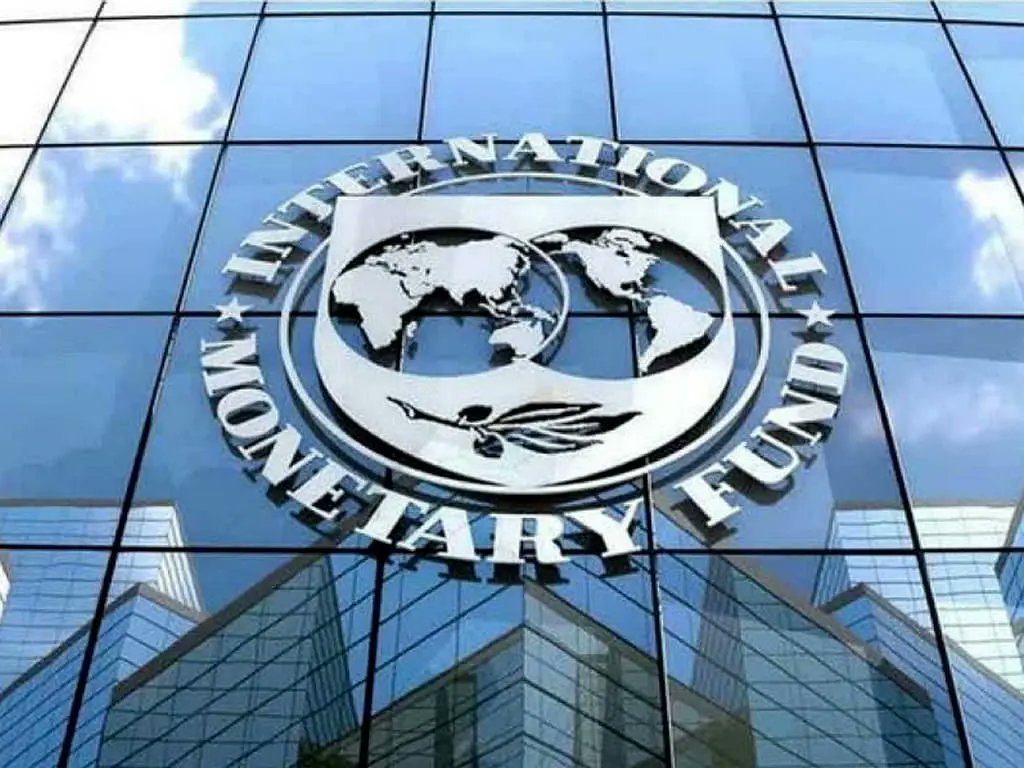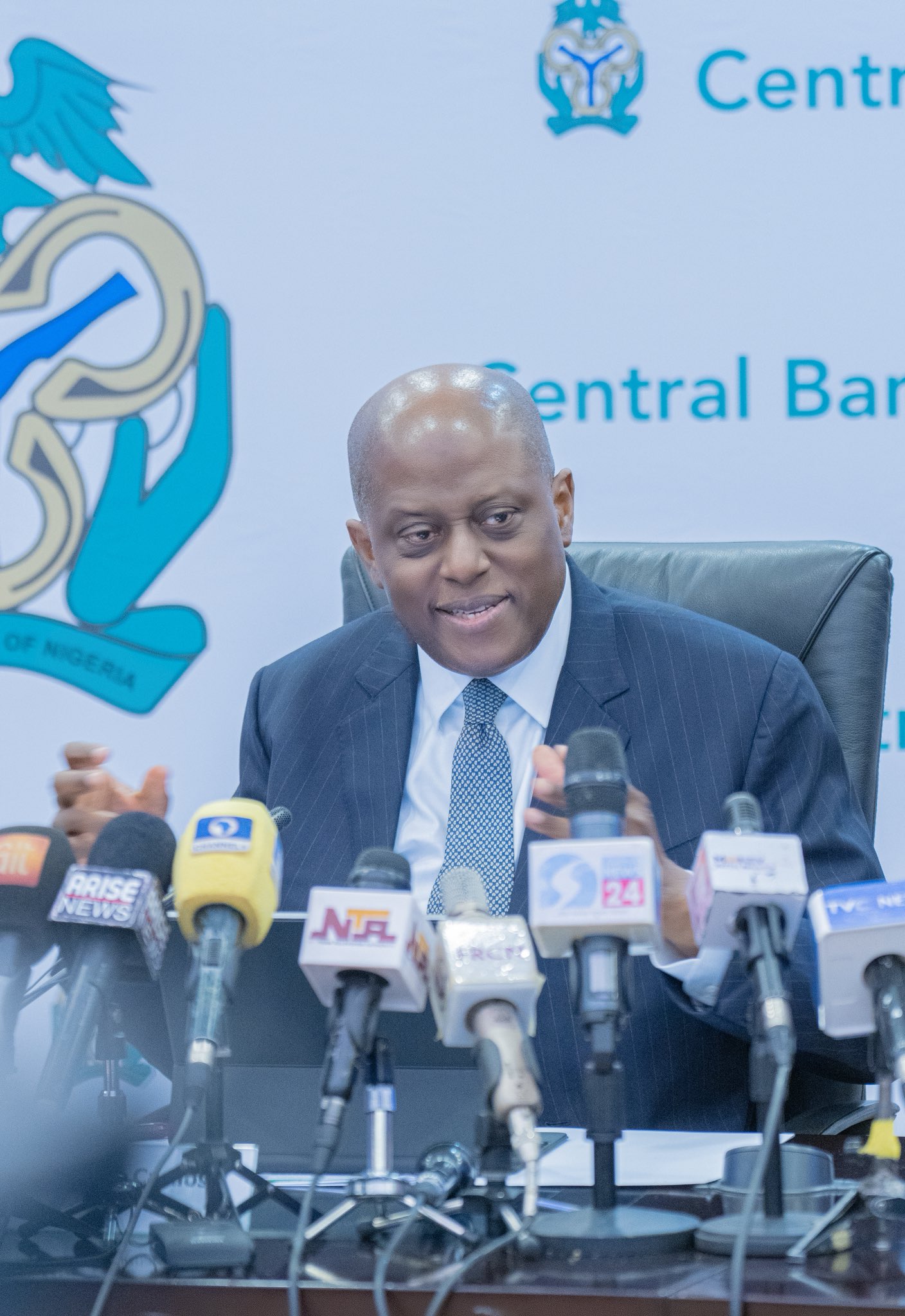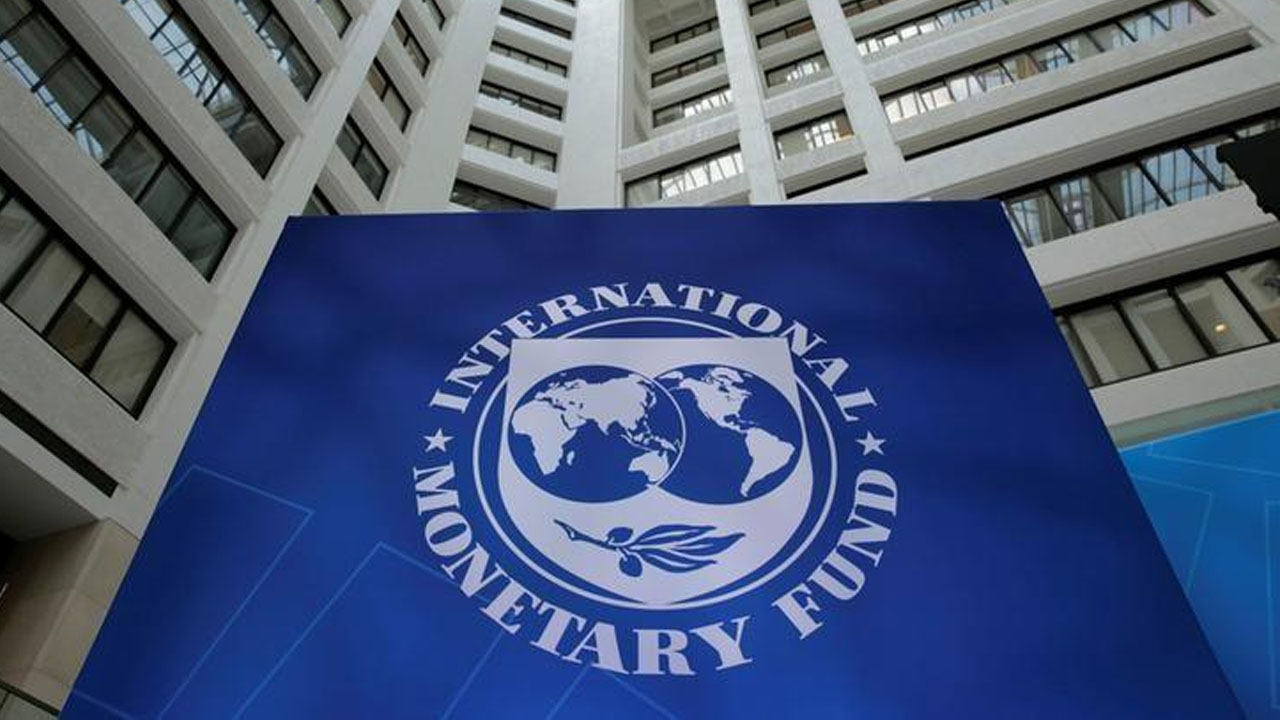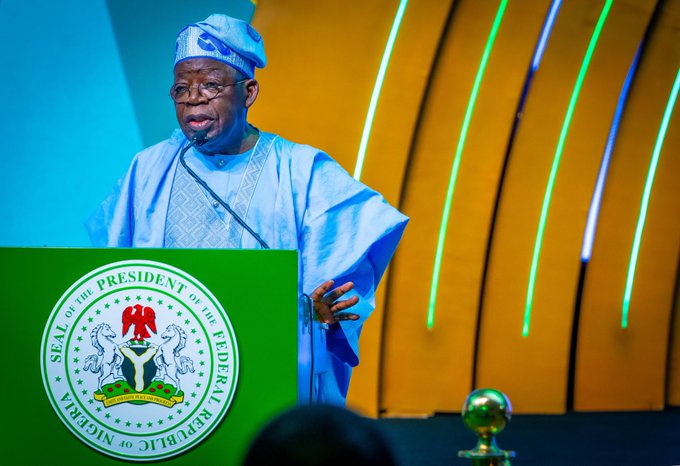Listeners:
Top listeners:
-
play_arrow
104.9FM Best rock music demo
-
play_arrow
Demo Radio Nr.1 For New Music And All The Hits!
-
play_arrow
Demo Radio Techno Top Music Radio
-
 play_arrow
play_arrow
Police Commissioner Launches Weapon and Riot Control Training for FCT Officers Democracy Radio
By Oluwakemi Kindness

The International Monetary Fund (IMF) has projected that Nigeria’s real Gross Domestic Product (GDP) will grow by 3.4% in 2025, driven by higher oil production, the launch of a new domestic refinery, and a robust services sector.
This outlook is according to the IMF’s 2025 Article IV Consultation report, following the conclusion of its Executive Board’s assessment of Nigeria’s economic reforms and policy direction.
The IMF commended Nigerian authorities for implementing major economic reforms over the past two years, which have enhanced macroeconomic stability and resilience.
According to the Fund, reforms such as the removal of fuel subsidies, cessation of fiscal deficit monetisation, and improvements in the foreign exchange market have significantly boosted investor confidence, enabling Nigeria to re-access the Eurobond market and attract renewed portfolio inflows.
Growth in 2024 accelerated to 3.4%, largely supported by increased hydrocarbon output and a vibrant services sector, though agricultural output remained subdued due to ongoing security challenges and declining productivity.
According to the Central Bank of Nigeria on Wednesday, the IMF highlighted positive developments in Nigeria’s foreign reserves and foreign exchange market.

Gross and net international reserves rose in 2024, backed by a strong current account surplus and improved capital inflows.
The Fund welcomed reforms that improved price discovery and liquidity in the FX market, but emphasised the need for a well-structured intervention framework to contain excessive volatility, noting that a flexible exchange rate remains a crucial economic shock absorber.
On monetary policy, the IMF praised the Central Bank of Nigeria (CBN) for maintaining a tight policy stance aimed at containing inflation. It supported the continuation of this approach until disinflation becomes firmly entrenched.
The Fund also acknowledged the recapitalisation of the banking sector and efforts to boost financial inclusion, develop the capital markets, and enhance risk-based supervision—particularly in mortgage, consumer credit, fintech, and crypto sectors.
Inflationary pressures showed signs of easing, with year-on-year inflation falling to 23.7% in April 2025, from an average of 31% in 2024, according to rebased data from the Nigerian Bureau of Statistics.
The IMF noted that continued tight policies and expected declines in retail fuel prices could support further disinflation in the medium term.
The report also indicated improved fiscal performance in 2024.
Higher revenues from naira depreciation, stronger revenue administration, and increased grants helped offset rising interest and administrative expenses.
The Fund urged the adoption of a neutral fiscal stance going forward to consolidate stability while prioritising growth-enhancing investments and the swift implementation of targeted cash transfers to protect vulnerable populations.
The IMF Directors lauded ongoing efforts to strengthen central bank governance, phase out monetary financing of the deficit, and lay the institutional groundwork for inflation targeting.
They also encouraged the timely and sequenced removal of capital flow management measures and praised steps to exit the Financial Action Task Force (FATF) grey list by closing gaps in the anti-money laundering and counter-financing of terrorism (AML/CFT) regime.
However, the IMF warned that significant downside risks remain.
Global uncertainties, potential declines in oil prices, rising financing costs, and continued security concerns could threaten macroeconomic gains.
The Fund stressed the need for agile policy responses to preserve stability, spur inclusive growth, and reduce poverty.
The Directors welcomed the progress on tax reform, viewing it as a crucial move toward boosting public revenues and creating fiscal space for development spending without jeopardising debt sustainability.
To unlock Nigeria’s full growth potential, the report called for decisive action to improve food security, tackle red tape, address infrastructure and energy deficits, and increase investments in health and education.
Written by: Democracy Radio
Similar posts
Copyright Democracy Radio -2024



